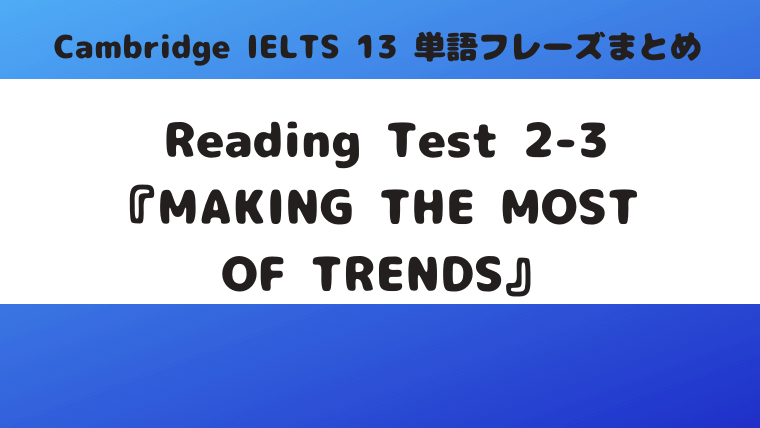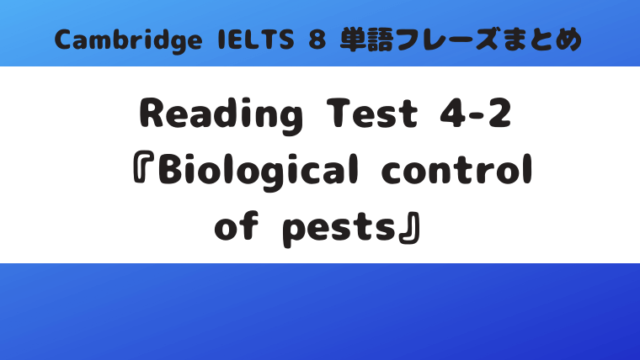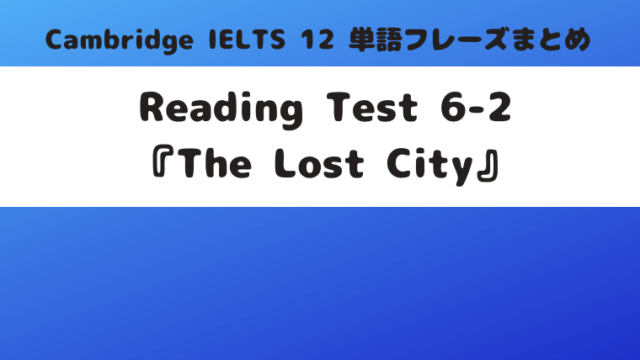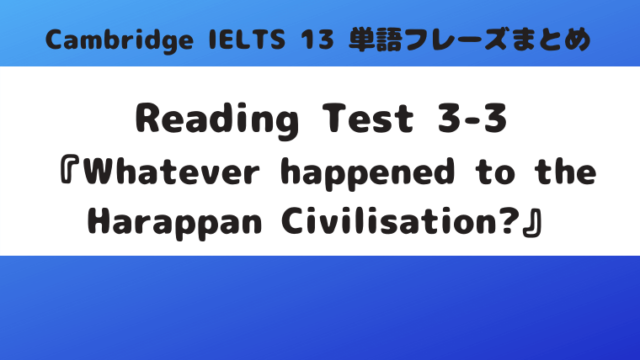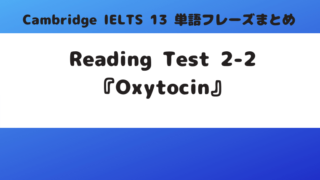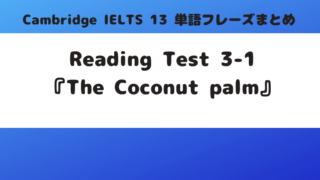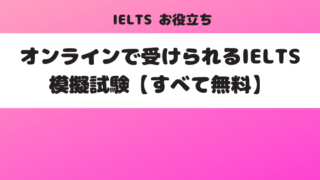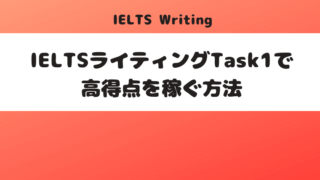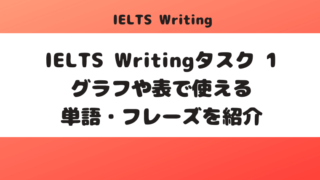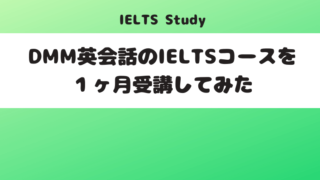「Cambridge IELTS 13」Reading Test2-3『MAKING THE MOST OF TRENDS』(p.46)の単語・フレーズをまとめました。
私がIELTS Readingの単語・まとめを行う理由は「Cambridge IELTS Reading単語・フレーズまとめ」からご覧ください。
Reading Test 2 Passage 3:MAKING THE MOST OF TRENDS
- identify
verb
UK /aɪˈden.tɪ.faɪ/ US /aɪˈden.t̬ə.faɪ/
・to recognize someone or something and say or prove who or what that person or thing is:
・to recognize a problem, need, fact, etc. and to show that it exists:
・to feel and say that you belong to a particular group of people:
1 …を確認する, 同定する, 見分ける
identify somebody / something as somebody / something
<…>を<…>であると確認する
2 …を突き止める, 特定する
3 <物が> <人> を特定する(のに役立つ)
identify somebody as somebody
<人>を<人>と特定する
(実践IELTS英単語3500:215) - aspiration
noun
UK /ˌæs.pɪˈreɪ.ʃən/ US /ˌæs.pəˈreɪ.ʃən/
・something that you hope to achieve:
・the noise that is made when air escapes after a plosive consonant sound:
1 《C通例複数形で,U》 熱望, 願望, 野心
→ ambition
2 《U》 〘専門〙 帯気音
3 《U》 〘専門〙 (医学で) 吸引
4 《U》 〘専門〙 (医学で) 誤飲
(実践IELTS英単語3500:2355) - peripheral
adjective
UK /pəˈrɪf.ər.əl/ US /pəˈrɪf.ɚ.əl/
・Something that is peripheral is not as important as something else:
・happening at the edge of something:
1 〘フォーマル〙 重要でない, 末梢(まっしょう) 的な
2 《通例名の前で》 〘フォーマル〙 周辺(部)の, 末梢(まっしょう) の
3 《名の前でのみ》 〘専門〙 (コンピュータの) 周辺(機器)の
(実践IELTS英単語3500:2546) - ignore
verb [ T ]
UK /ɪɡˈnɔːr/ US /ɪɡˈnɔːr/
to intentionally not listen or give attention to:
1 …を無視する
2 (あえて)…を無視する, 顧みない, 黙殺する
(実践IELTS英単語3500:509) - wait-and-see [形] 《名の前でのみ》
(態度・方法などが) 様子見の, 静観主義の - extreme
noun [ C ]
UK /ɪkˈstriːm/ US /ɪkˈstriːm/
・the largest possible amount or degree of something:
・a situation, feeling, etc. that is the opposite or very different from another one:
極端, 極度
at the other / opposite extreme
その対極に
from one extreme to the other (from one extreme to another とも)
極端に
between two extremes
両極の間で
(実践IELTS英単語3500:321) - jeopardize
verb [ T ] (UK usually jeopardise)
UK /ˈdʒep.ə.daɪz/ US /ˈdʒep.ɚ.daɪz/
to put something such as a plan or system in danger of being harmed or damaged:
…を危険にさらす, 危うくする - cede
verb [ T ] formal
UK /siːd/ US /siːd/
to allow someone else to have or own something, especially unwillingly or because you are forced to do so:
〘フォーマル〙 (やむをえない状況で) <領土> を割譲する, <権利> を譲渡する, <人> を引き渡す - twofold
adjective
UK /ˈtuː.fəʊld/ US /ˈtuː.foʊld/
・twice as big or as much:
・having two parts:
1 2つの要素[部分]から成る
2 《名の前でのみ》 2倍の
(実践IELTS英単語3500:2525) - spur
verb [ T ]
UK /spɜːr/ US /spɝː/
・to encourage an activity or development or make it happen faster:
・to push spurs into the side of a horse to make it go faster:
1 《他》 …に弾みをつける, を促す
同意 encourage
2 《他》 (spur somebody on とも) <人> を励ます, 駆り立てる
2人は互いに励まし合った.
3 《I always + adverb/preposition, T》 <馬を> せきたてる - expansively
adverb
UK /ɪkˈspæn.sɪv.li/ US /ɪkˈspæn.sɪv.li/
・If you talk expansively, you happily talk to people in a friendly way:
・in a way that covers a large area:
1 親しげに, 愛想よく, 人なつっこく
2 腕を大きく広げて
3 広範囲にわたって, 幅広く, 包括的に - engender
verb [ T ] formal
UK /ɪnˈdʒen.dər/ US /ɪnˈdʒen.dɚ/
to make people have a particular feeling or make a situation start to exist:
<感情など> を抱かせる, <問題など> を引き起こす
engender something in somebody
<人>に<感情など>を抱かせる
(実践IELTS英単語3500:3274) - adept
adjective
UK /əˈdept/ US /əˈdept/
having a natural ability to do something that needs skill:
上手な, 巧みな, うまい - exploit
verb [ T ]
UK /ɪkˈsplɔɪt/ US /ɪkˈsplɔɪt/
・to use something in a way that helps you:
・to use someone or something unfairly for your own advantage:
1 〘けなして〙 <人・労働力など> を私的目的に利用する, 食いものにする, 搾取する
2 〘けなして〙 <事態など> を巧みに利用する
3 <機会・チャンスなど> を生かす
4 <資源など> を開発する
(実践IELTS英単語3500:1676) - infuse
verb
UK /ɪnˈfjuːz/ US /ɪnˈfjuːz/
・to fill someone or something with an emotion or quality:
1 《他》 〘フォーマル〙 <感情・思想など> に影響を及ぼす
2 a) 《他》 <茶・薬草など> をせんじる, 煮出す b) 《自》 せんじ出される
3 《他通例受け身形で》 〘専門〙 <薬剤・ブドウ糖液など> を点滴する - augment
verb [ T ] formal
UK /ɔːɡˈment/ US /ɑːɡˈment/
to increase the size or value of something by adding something to it:
<価値・数量・効果など> を増大させる, 高める - attribute
noun [ C ]
UK /ˈæt.rɪ.bjuːt/ US /ˈæt.rɪ.bjuːt/
a quality or characteristic that someone or something has:
(優良・有益と考えられる) 特性, 特質
(実践IELTS英単語3500:1748)attribute something to somebody /something [句動詞]
1 <…>を<…>に起因すると考える
2 <引用・作品など>を<ある人>の作[もの]と考える
3 <…>に<ある特性>があると考える - opulence
noun [ U ]
UK /ˈɒp.jə.ləns/ US /ˈɑː.pjə.ləns/
the quality of being expensive and luxurious:
(建物・部屋などの) 豪華さ, 贅沢(ぜいたく) - cheapen
verb [ T ]
UK /ˈtʃiː.pən/ US /ˈtʃiː.pən/
・to reduce the price:
・to make someone or something seem less valuable or important so that people respect them less:
1 …の品位を落とす, 安っぽくする
同意 degrade
2 …を値下げする, 安くする - recession
noun [ C or U ]
UK /rɪˈseʃ.ən/ US /rɪˈseʃ.ən/
a period when the economy of a country is not successful and conditions for business are bad:
景気後退, 不況
(実践IELTS英単語3500:1022) - tangible
adjective
UK /ˈtæn.dʒə.bəl/ US /ˈtæn.dʒə.bəl/
real and not imaginary; able to be shown, touched, or experienced:
1 明白な, 確固たる
2 <感情などが> 知覚できる, <物が> 触れられる
3 tangible assets / property 〘専門〙
有形資産
(実践IELTS英単語3500:2632) - redeem
verb
UK /rɪˈdiːm/ US /rɪˈdiːm/
・to make something or someone seem less bad:
・to get something back:
・to exchange a piece of paper representing a particular amount of money for that amount of money or for goods to this value
・to carry out a promise or pay back a debt:
・(in Christianity) to free people from sin:
1 <名誉など> を回復する, 取り戻す
2 redeem yourself
名誉を挽回する
3 <引換券・クーポンなど> を現金[商品]に換える
4 <株など> を売る
5 <約束・誓約など> を果たす
6 <人> を(悪・罪から)救済する→ redeemer
7 <抵当物件など> を買い戻す
8 <負債・ローンなど> を弁済[返済]する
→ redemption - abandoned
adjective
UK /əˈbæn.dənd/ US /əˈbæn.dənd/
left in a particular place or condition, usually forever:
<車・建物・動物などが> 捨てられた, 放棄された
be found abandoned
捨てられている[放置されている]のが見つかる - thereby
adverb formal or old-fashioned
UK /ˌðeəˈbaɪ/ US /ˌðerˈbaɪ/
as a result of this action:
その結果, それによって
(実践IELTS英単語3500:2502) - streak
noun [ C ]
UK /striːk/ US /striːk/
・a long, thin mark that is easily noticed because it is very different from the area surrounding it:
・an often unpleasant characteristic that is very different from other characteristics:
・a short period of good or bad luck:
・something that happens or is done over a period of time without a break:
1 《C》 (色・汚れなどの) 筋, 縞(しま)
2 《C》 (性格などの) 傾向, …なところ
3 《C》 一続き
4 streaks 《常に複数形で》 (髪に入れる) メッシュ 同意 highlights
5 a streak of lightning / fire / light
一筋の稲妻[炎,光] - radical
adjective
UK /ˈræd.ɪ.kəl/ US /ˈræd.ɪ.kəl/
・believing or expressing the belief that there should be great or extreme social or political change:
・relating to the most important parts of something or someone; complete or extreme:
・aimed at removing all diseased tissue:
1 根本的な, 抜本的な
2 <人・団体が> 改革派の, 革新的な
→ conservative
3 <政治思想などが> 過激な, 急進的な
4 重要な, 重大な
5 米 〘インフォーマル〙 すごくいい, めちゃくちゃ楽しい - transcend
verb [ T ] formal
UK /trænˈsend/ US /trænˈsend/
to go further, rise above, or be more important or better than something, especially a limit:
<相違・理屈・理解など> を超越する, 超える
(実践IELTS英単語3500:2903) - entail
verb [ T ] formal
UK /ɪnˈteɪl/ US /ɪnˈteɪl/
to make something necessary, or to involve something:
(必然的に) …を含む, 伴う, 付随させる
(実践IELTS英単語3500:2708) - footwear
noun [ U ]
UK /ˈfʊt.weər/ US /ˈfʊt.wer/
shoes, boots, or any other outer covering for the human foot:
履き物 - comprise
verb [ T, L only + noun, not continuous ] formal
UK /kəmˈpraɪz/ US /kəmˈpraɪz/
・to have things or people as parts or members; to consist of:
・to be the parts or members of something; to make up something:
1 《連結動詞》 …から成る, で構成されている
2 《他》 <全体の一部> を成す, 占める, 構成する
同意 constitute, make up
(実践IELTS英単語3500:2165) - counteract
verb [ T ]
UK /ˌkaʊn.tərˈækt/ US /ˌkaʊn.t̬ɚˈækt/
to reduce or remove the effect of something unwanted by producing an opposite effect:
…に対抗する, を阻止する - reaffirm
verb [ T ]
UK /ˌriː.əˈfɜːm/ US /ˌriː.əˈfɝːm/
to give your support to a person, plan, idea, etc. for a second time; to state something as true again:
<考え・公約など> を再度明言する, 再確認する
reaffirm that
…ということを再度明言する
同意 reiterate - counteract
verb [ T ]
UK /ˌkaʊn.tərˈækt/ US /ˌkaʊn.t̬ɚˈækt/
to reduce or remove the effect of something unwanted by producing an opposite effect:
…に対抗する, を阻止する - handheld
adjective [ before noun ]
UK /ˌhændˈheld/ US /ˌhændˈheld/
A handheld object has been designed so that it can be held and used easily with one or two hands:
(手のひらサイズの) ハンドヘルドコンピュータ
同意 PDA - incorporated
adjective [ after noun ]
UK /ɪnˈkɔː.pər.eɪ.tɪd/ US /ɪnˈkɔːr.pə.reɪ.t̬ɪd/
used after the name of a company that is a corporation (= a company or goup of companies controlled as one organization):
1 〘専門〙 法人化された
2 Incorporated (略 Inc.) (米国で) (会社名の後につけて) …社, …株式会社→ limited
3 <町が> 自治体として認められている 反意 unincorporated
(実践IELTS英単語3500:2064) - pedometer
noun [ C ]
UK /peˈdɒm.ɪ.tər/ US /pɪˈdɑː.mə.t̬ɚ/
a device that measures how far someone has walked by counting the number of times the feet are raised and put down again
歩数計 - determine
verb
UK /dɪˈtɜː.mɪn/ US /dɪˈtɝː.mɪn/
・to control or influence something directly, or to decide what will happen:
・to make a strong decision:
・to discover the facts or truth about something:
1 <原因・料金など> を確定する, 特定する
同意 establish
2 …を決定する, 左右する
3 <日取りなど> を決める, 定める
4 determine to do something
〘フォーマル〙 <…>することを決心する
(実践IELTS英単語3500:294) - reinvigorate
verb [ T ]
UK /ˌriː.ɪnˈvɪɡ.ər.eɪt/ US /ˌriː.ɪnˈvɪɡ.ə.reɪt/
・to make someone feel healthier, and more energetic again:
・to make something stronger, or more exciting or successful again:
1 …を再び活気づける
2 <人> を再び元気づける - disparity
noun [ C or U ] formal
UK /dɪˈspær.ə.ti/ US /dɪˈsper.ə.t̬i/
a lack of equality or similarity, especially in a way that is not fair:
格差, 不均衡 - undesired / undersized
adjective
UK /ˌʌn.dəˈsaɪzd/ US /ˈʌn.dɚ.saɪzd/
smaller than average, or smaller than the correct size:
(普通より) 小さめの, 小柄[小型]の, 小さすぎる
